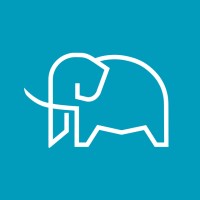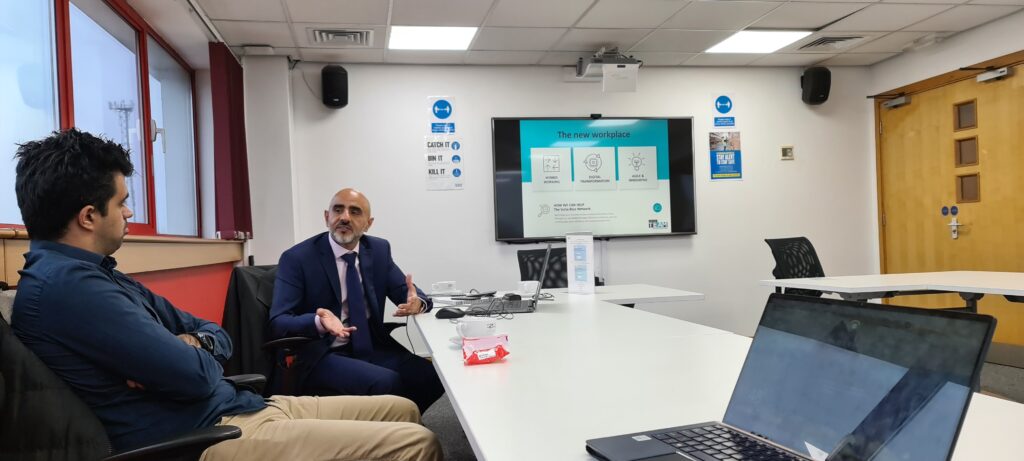In order to make sound decisions that affect the bottom line, business owners and managers need accurate and timely financial information. This information must be reliable in order to make informed choices about where to allocate resources in order to generate the most profit for the company.
One important piece of this puzzle is cost accounting.
In this blog post, we will explore what cost accounting is and how it can be used to improve the bottom line of your business.
What is Cost Accounting?
Cost accounting is defined as “the process of translating these estimates and data into knowledge that will ultimately be used to guide decision-making” (Investopedia).
In other words, cost accounting is all about collecting, analysing, and reporting financial data in a way that will inform business decisions.
Elements of Cost Accounting
There are three key elements to cost accounting:
1. Cost Estimation:
This is the process of coming up with an estimate of how much it will cost to produce a product or provide a service. This includes both the direct costs (e.g. materials, labour) and indirect costs (e.g. overhead).
2. Cost Tracing:
Cost tracing is the process of allocating costs to specific products or services. This helps managers understand which activities are driving up the cost of production.
3. Cost Allocation:
Cost allocation is the process of assigning indirect costs to specific products or services. This allows managers to see the full cost of production and make informed decisions about where to allocate resources.
Why is Cost Accounting Important?
Cost accounting is important because it provides managers with the information they need to make informed decisions about where to allocate resources.
By understanding the full cost of production, managers can identify areas where they can cut costs without sacrificing quality. In addition, cost accounting can help managers troubleshoot problems and make improvements to the production process.
How is Cost Accounting Different from Financial Accounting?
Cost accounting and financial accounting are both important tools for managers, but they serve different purposes. Financial accounting is focused on the historical financial data of a company. This information is useful for tax purposes and shareholder reporting.
Cost accounting, on the other hand, is focused on the future and how to use resources more efficiently.
How Can Cost Accounting Be Used to Improve Businesses?
There are several ways that cost accounting can be used to improve the bottom line of your business:
1. Make Informed Decisions:
Cost accounting provides managers with the information they need to make informed decisions about where to allocate resources. This helps ensure that resources are being used in the most efficient way possible.
2. Improve Processes:
By understanding the cost of production, managers can identify areas where they can make improvements to the production process. This can lead to cost savings that will improve the bottom line.
3. Reduce Budget Wastage:
By identifying areas of waste, managers can develop strategies to reduce or eliminate it. This will help reduce costs and improve the bottom line.
If you want to unleash the power of cost accounting in your business, these tips, tricks, and best practices will help you get started.
By understanding the basics of cost accounting, you can use this information to make informed decisions that will improve the bottom line of your business.




